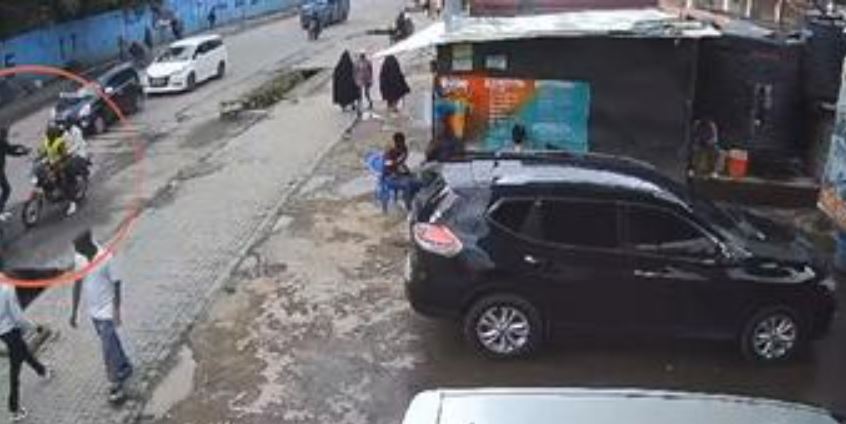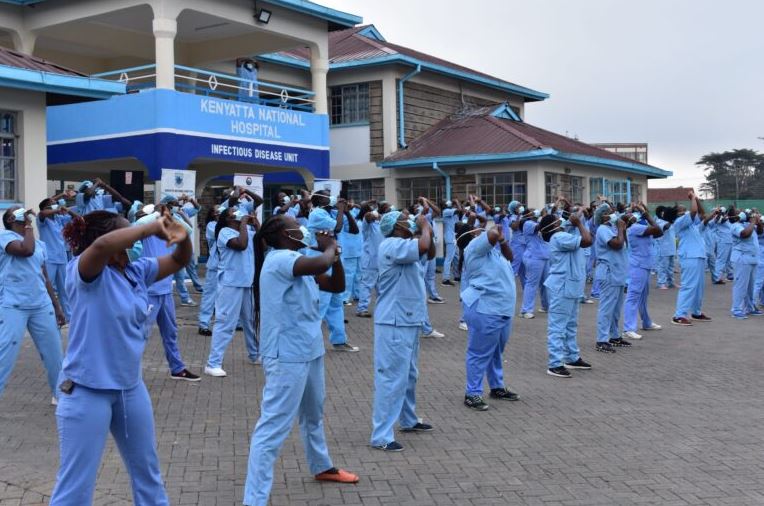
The factory, which was to be built at Tatu City at a cost of $500 million (Sh65 Billion), was set to break ground in coming months.
Moderna was one of the manufacturers of the mRNA Covid vaccines, and is working to develop more vaccines on the technology.
This decision aligns with the company’s broader strategy to adjust its production network in response to the decreased demand for Covid-19 vaccines post-pandemic. The company reported massive losses after COVID vaccine orders, particularly from Africa, were cancelled.
The proposed facility, which was expected to play a pivotal role in enhancing vaccine accessibility across Africa, will no longer go forward as previously planned. It is unclear whether this is a permanent cancellation or whether the project has just been put on hold.
A plot had already been earmarked for the company at Kiambu-based Tatu City, but Moderna was reportedly yet to make a down-payment.
Despite this setback, Moderna continues to focus heavily on innovation, earmarking approximately $4.5 billion for research and development this year.
This investment is aimed at advancing a range of new vaccines targeting diseases such as cancer and respiratory syncytial virus (RSV), alongside early-stage mRNA vaccine projects for HIV and malaria.
“Given this, and in alignment with our strategic planning, Moderna believes it is prudent to pause its efforts to build an mRNA manufacturing facility in Kenya,” the company stated, emphasizing the need to align infrastructure investments with the shifting healthcare landscape and vaccine requirements in Africa.
Initially, in 2022, Moderna had committed around $500 million to the Kenyan manufacturing site, projecting an annual production capacity of up to 500 million doses of its mRNA vaccines for distribution across the continent.
Plans also included the commencement of vaccine filling operations in Africa as early as 2023.
However, with the decline in COVID vaccine demand following the pandemic’s end and a lack of subsequent vaccine orders for Africa since 2022, the company has opted to adjust its operational focus and strategy.
This development is a massive blow to the government, which has been trying to attract blockbuster investments in a bid to grow the economy and create jobs.








